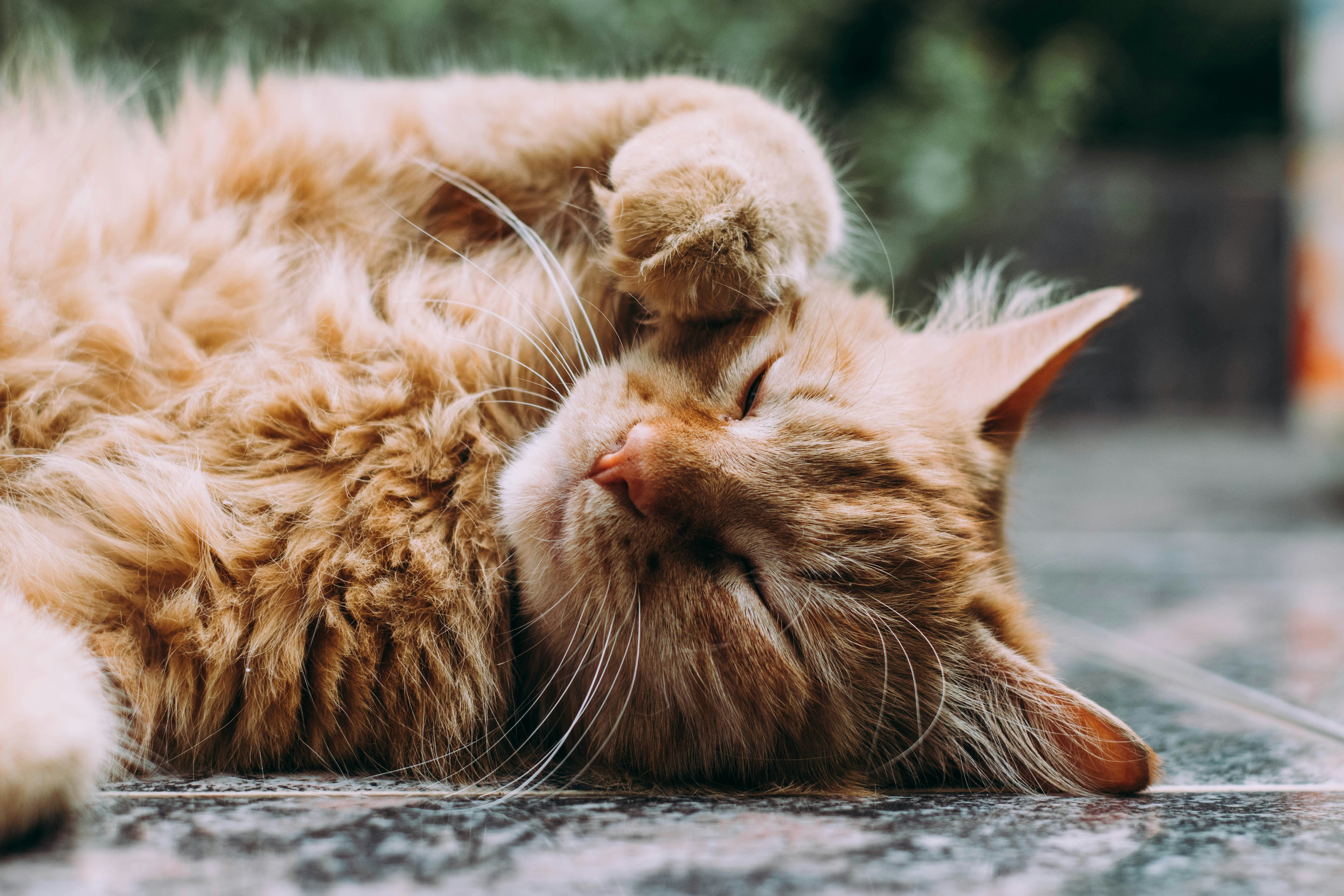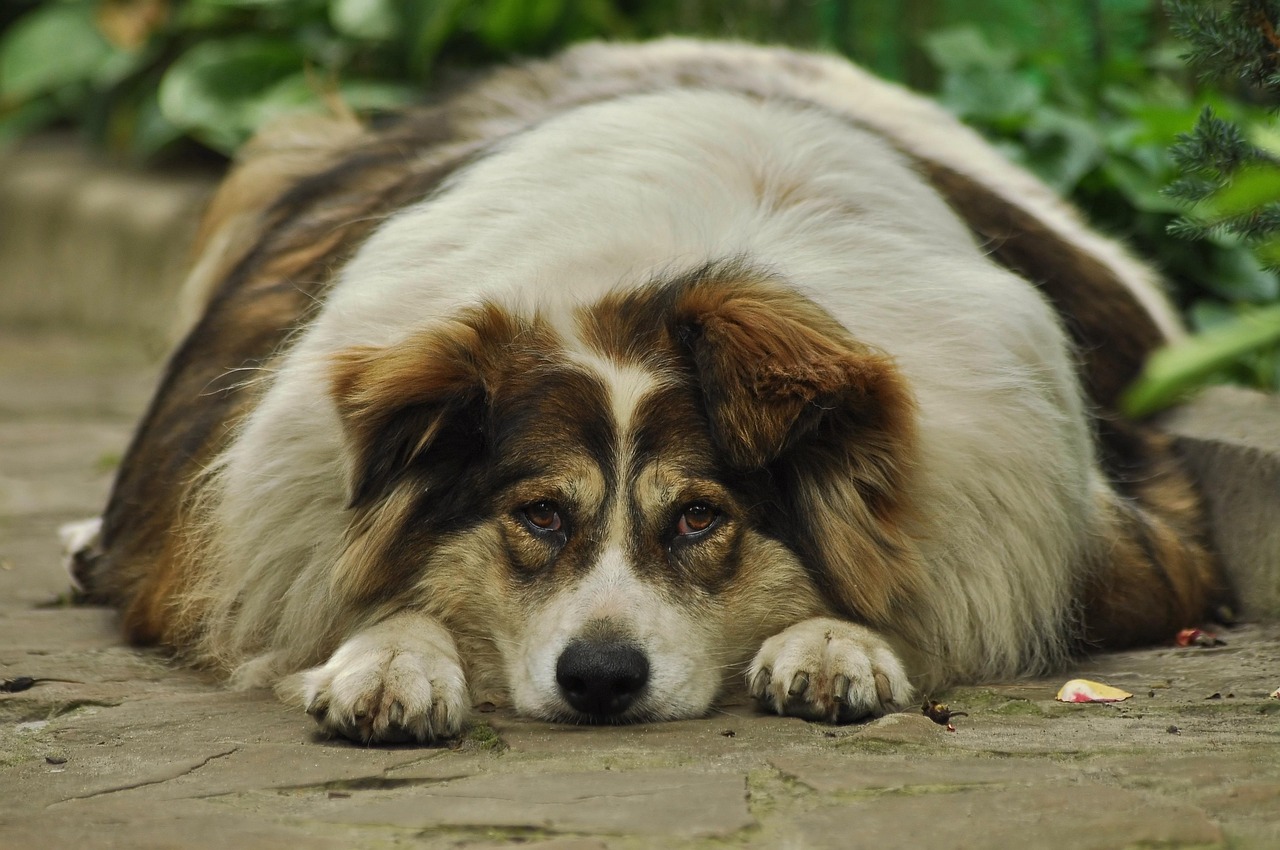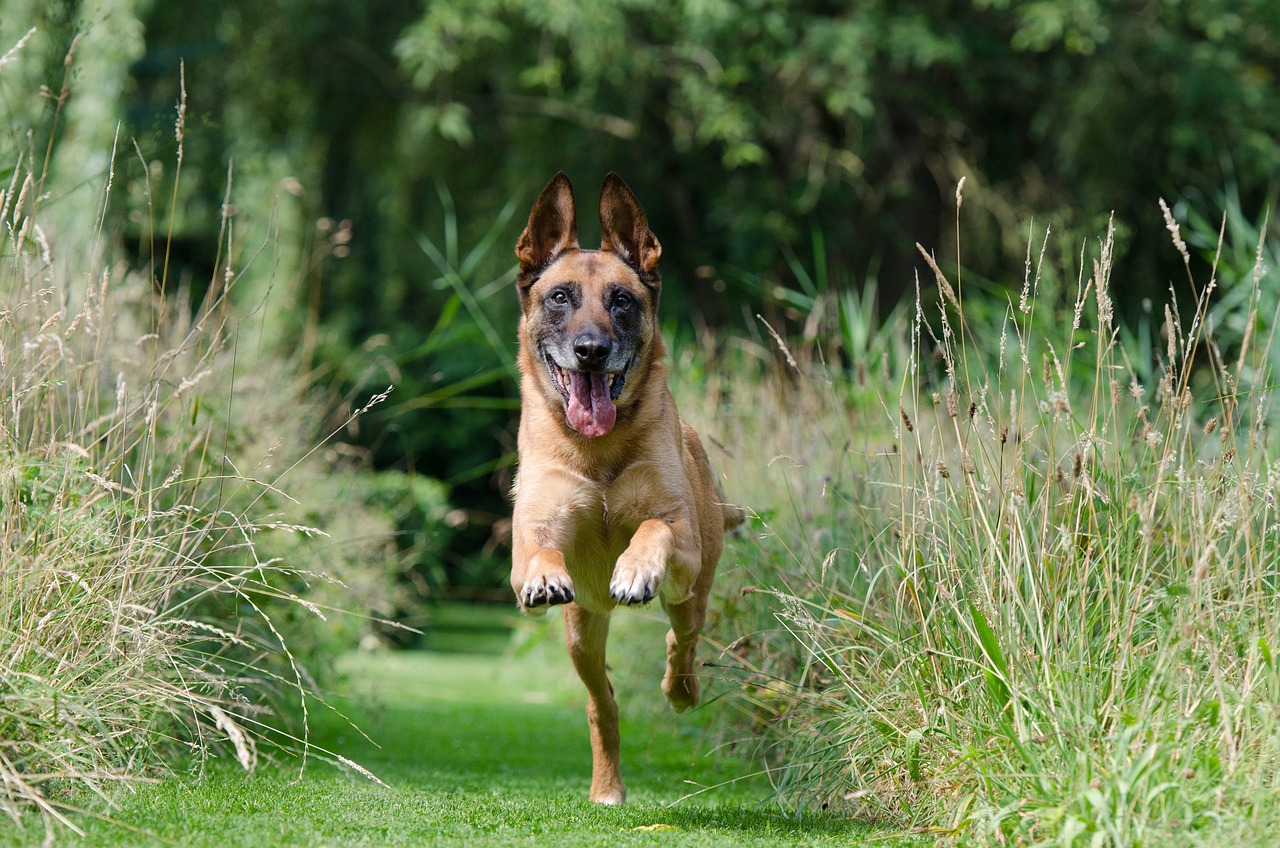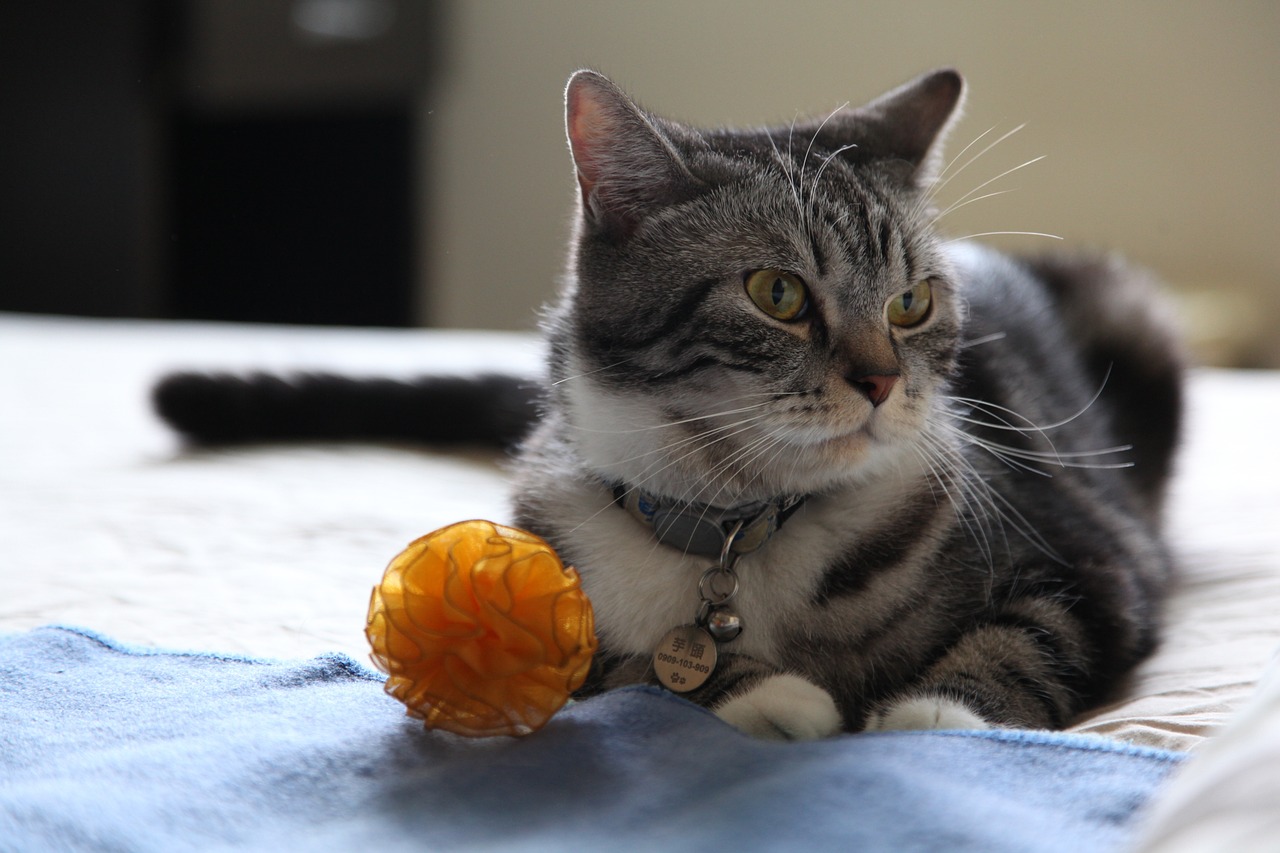All Pet Health Articles

3 Ingredient Salmon Cat Treats
Whipping up these healthy homemade cat treats couldn't be easier! With just three simple ingredients—most of which you likely already have in your kitchen—you can treat your feline friend to something special in no time.

3 Ingredient Dog Treats Your Pup Will Love
Making homemade dog treats is easier than you think! All you need are three simple ingredients—bananas, peanut butter, and oats. This quick and easy recipe lets you bake tasty treats for your pup or even share them with a furry friend. Not only are they budget-friendly compared to store-bought options, but dogs absolutely love them!

Poinsettias and Pets: Debunking the Myth of Deadliness
Poinsettias are a popular holiday plant, known for their bright red leaves that add a festive touch to any home. However, if you have pets, you might have second thoughts about bringing them inside, worrying that your furry friends could take a bite and get seriously sick.

Grape and Raisin Toxicity in Pets: A Danger to Dogs
Many pet owners think fruits and vegetables are great snacks for their dogs, but some can actually be harmful—or even toxic.

15 Indoor Cat Exercises to Keep Your Feline Friend Fit and Happy
Keeping your cat active indoors might seem tricky, but it's essential for their health and happiness. Cats are naturally curious and full of energy, and without enough stimulation, they can become lazy or even bored. Finding fun ways to keep them moving will help them stay fit and engaged.

8 Fun Games to Play With Your Cat or Kitten (and One to Avoid)
Cats are naturally playful, and spending time playing with them isn’t just fun—it keeps them entertained and strengthens your bond. Plus, it’s a great way to keep boredom at bay! Whether they’re swatting at their reflection, playfully wrestling with a dog, or knocking things off shelves just for the thrill of it, their antics are always amusing. More than that, regular play helps keep your cat active, sharp, and happy.
Get insurance plans with wide-ranging coverage options






